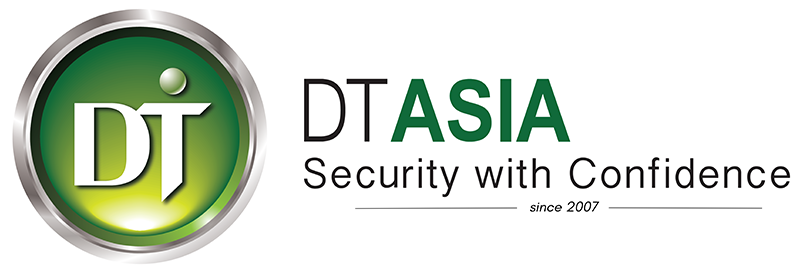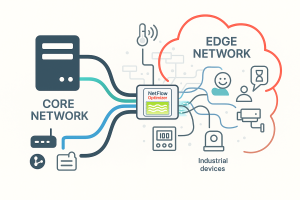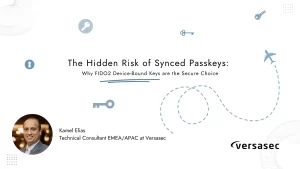
Portable USB storage drives offer users a convenient means to transfer data between work and home, as well as among computers within an organization. This has proven especially valuable during the COVID-19 pandemic, which mandated remote or hybrid work setups. However, this convenience has introduced significant security challenges.
The shift to remote work necessitated IT administrators to devise new cybersecurity strategies to safeguard sensitive or regulated data across a broader security perimeter. Organizations have voiced concerns that remote work increases their vulnerability to cyberattacks and reduces their ability to defend company systems from malware.
USB-Borne Malware
The security of data transported via portable USB drives remains a critical cybersecurity focus for both remote workers and contracted employees. A robust USB policy is crucial for protecting industrial control systems vital to national critical infrastructure.
A recent report by Honeywell highlights a growing risk of malware transmitted via USB portable storage devices. USB drive usage surged by 30% over the past year, paralleled by a 37% increase in USB-borne cybersecurity threats. This trend underscores the ongoing susceptibility to cyberattacks exploiting USB device vulnerabilities. According to the Honeywell report, adversaries leverage USB removable media as an initial attack vector to establish remote connectivity and deploy additional malicious payloads.
National Crisis
In early June, the White House issued a ransomware warning to American businesses, urging them to bolster their defenses akin to security measures adopted by government agencies. This advisory came amid escalating ransomware assaults on critical infrastructure, exemplified by the Colonial Pipeline and a global food supplier incidents.
The Colonial Pipeline breach, disrupting services along the East Coast and temporarily elevating nationwide gas prices, prompted new cybersecurity mandates for oil and gas firms. The Department of Homeland Security’s security directive now mandates reporting confirmed and potential cybersecurity incidents and appointing a dedicated cybersecurity coordinator.
The gravity of ransomware threats has been likened to the challenge posed by global terrorism post-9/11. FBI Director Christopher Wray emphasized the collective responsibility across government, private sector entities, and individual Americans to prevent and mitigate disruptive cyber incidents.
Coordinated USB Security
In light of escalating USB-borne malware and ransomware threats, organizations of all sizes require a comprehensive approach to data storage and endpoint security. SecureData has been at the forefront of hardware-encrypted removable storage, remote drive management, and port-blocking technology for over a decade.
SecureData’s acclaimed SecureDrive and SecureUSB devices offer organizations FIPS-validated, completely secure options for portable drive storage, available in managed and unmanaged configurations. SecureGuard empowers IT administrators with granular control over USB device connectivity to Windows-operated computers, leveraging whitelisting and blacklisting capabilities to fortify organizational defenses.
Source: https://www.securedata.com/blog/rising-usb-borne-cyberattacks-raise-concerns
About DT Asia
DT Asia began in 2007 with a clear mission to build the market entry for various pioneering IT security solutions from the US, Europe and Israel.
Today, DT Asia is a regional, value-added distributor of cybersecurity solutions providing cutting-edge technologies to key government organisations and top private sector clients including global banks and Fortune 500 companies. We have offices and partners around the Asia Pacific to better understand the markets and deliver localised solutions.










